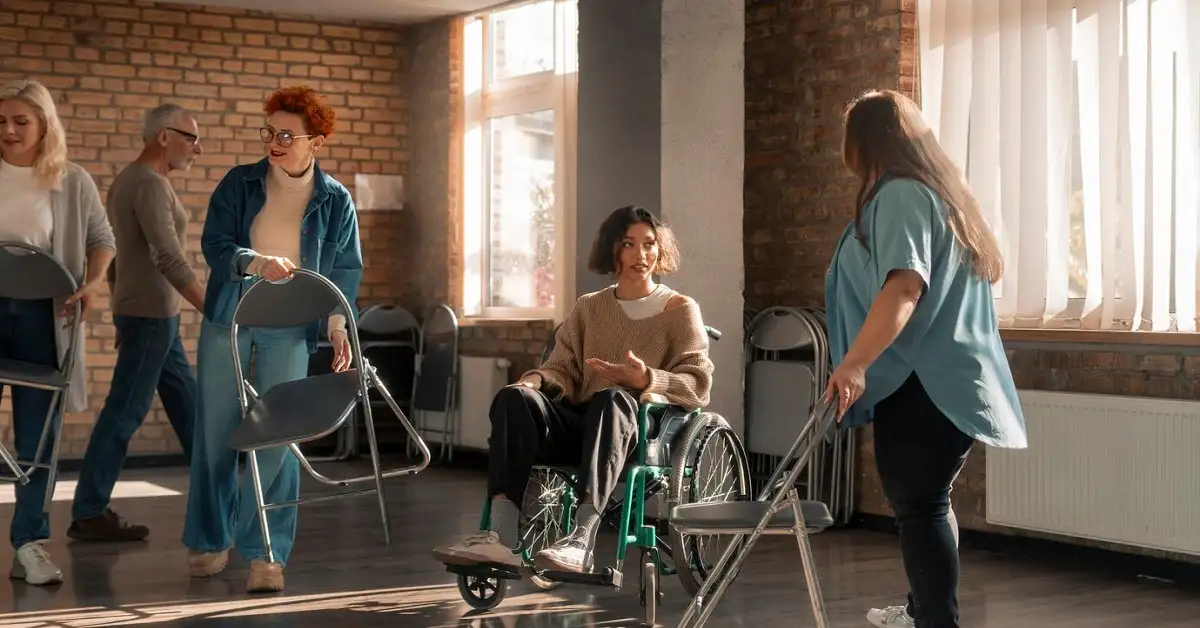Why NDIS Home and Community Care Is Essential for Independent Living
The National Disability Insurance Scheme (NDIS) offers crucial support for individuals with disabilities, helping them live more independent lives. A key aspect of this support is the care provided in homes and communities, allowing individuals to stay engaged in their surroundings and maintain their autonomy.
NDIS home and community care is designed to enable participants to live in their own homes while receiving tailored assistance. This care ensures individuals can stay connected with their communities and continue leading fulfilling lives. The following article highlights the benefits of NDIS care services in promoting independent living.
Enabling Greater Autonomy
One of the most significant advantages is that it allows individuals to retain control over their lives. By receiving assistance tailored to their specific needs, participants can continue to live in their homes and communities, rather than moving into residential care. The support provided can range from personal care, like assistance with daily activities, to more specialised services, such as support with mobility or social inclusion.
This flexibility means that individuals can continue making their own choices, from when they wake up in the morning to how they spend their time. The ability to make decisions in day-to-day life is an essential part of independent living, and NDIS care services ensure that this autonomy is preserved.
Promoting Social Inclusion
NDIS home and community care also plays a vital role in fostering social inclusion for people with disabilities. By receiving care in their community, individuals are better able to participate in social activities, build relationships, and engage with the wider world. Support workers can assist with transportation, attending community events, or simply providing companionship. This support helps reduce isolation, which is a common challenge for those with disabilities.
Inclusion in the community is crucial for mental and emotional well-being, and it contributes to an individual’s sense of belonging. The assistance provided by NDIS care services makes it easier for people to stay connected, enhancing their quality of life.
Flexible Support Tailored to Individual Needs
One of the key features of NDIS home and community care is its flexibility. Services can be adjusted to suit the specific needs and preferences of each individual. Whether someone requires assistance with personal care, household tasks, or accessing the community, the support provided can be customised to ensure the best possible outcomes.
Additionally, participants can choose the type and frequency of care they receive. This personalised approach ensures that the support aligns with an individual’s lifestyle, making it easier for them to live as independently as possible. The option to change or modify services as needs evolve also ensures that individuals can continue to thrive at every stage of their lives.
Enhancing Quality of Life
Access to NDIS home care has a direct impact on an individual’s quality of life. For many, the ability to stay in their own home, surrounded by familiar faces and environments, is key to maintaining a sense of normalcy. This feeling of stability and comfort is often essential for mental health and overall well-being.
Furthermore, the support offered helps individuals achieve greater self-sufficiency in completing everyday tasks, from personal hygiene to preparing meals. The result is greater confidence and a stronger sense of independence, which can significantly enhance an individual’s quality of life.
NDIS home and community care is crucial for enabling individuals with disabilities to live independently and meaningfully. The ability to receive care tailored to one’s unique needs allows for greater autonomy, social inclusion, and an enhanced quality of life. With personalised support, individuals are empowered to continue living in their homes and engaging with their communities. This form of care is an invaluable part of the NDIS, promoting independence and helping people with disabilities live their lives to the fullest.



